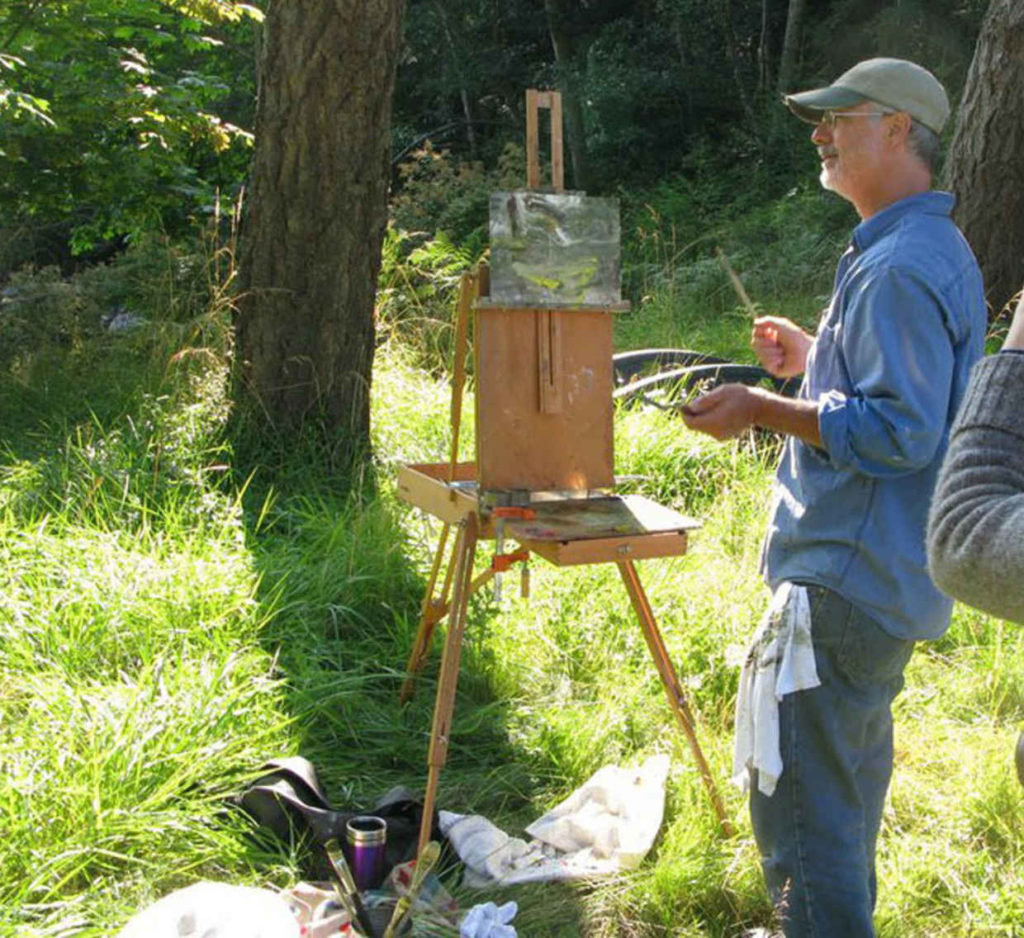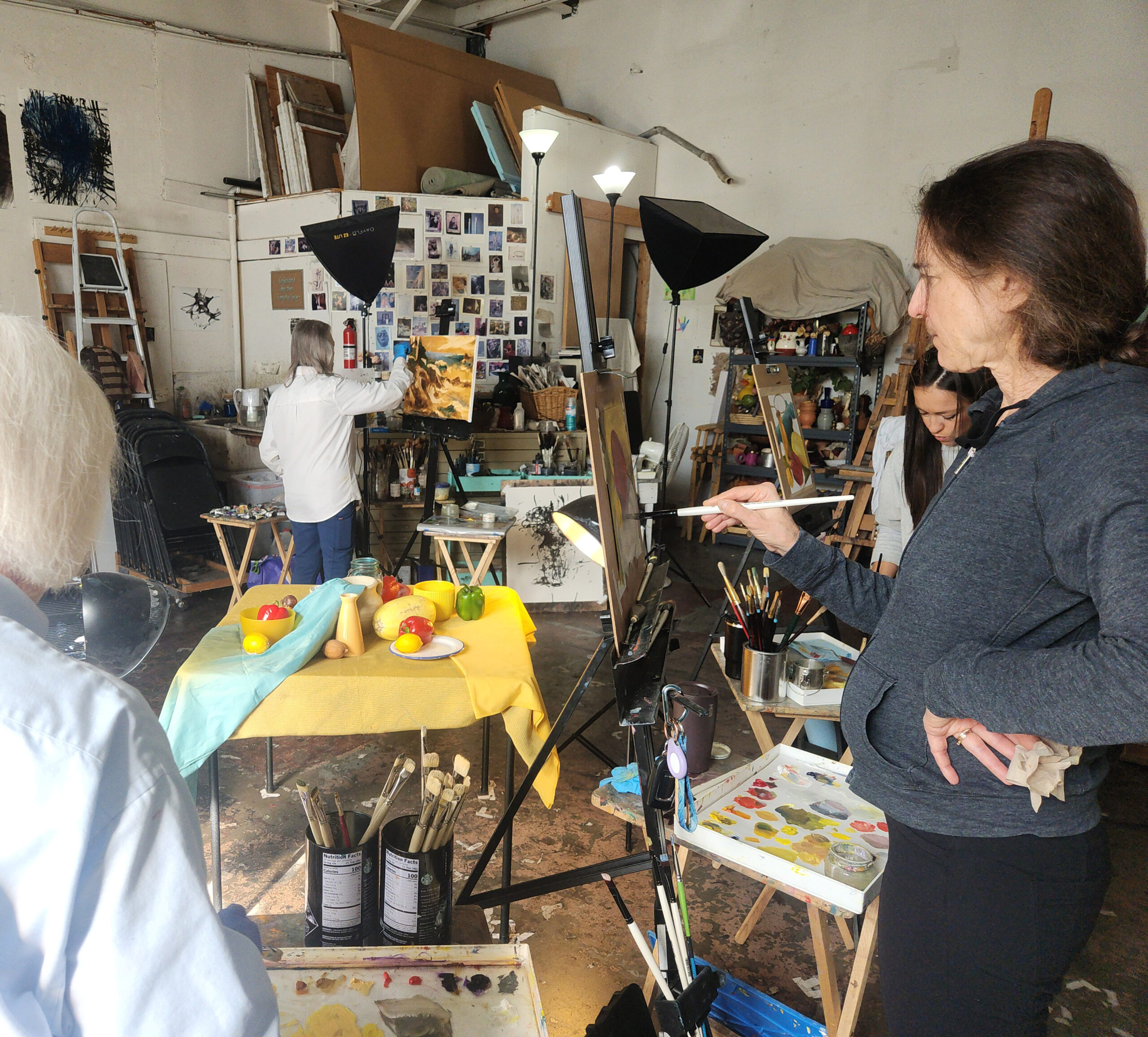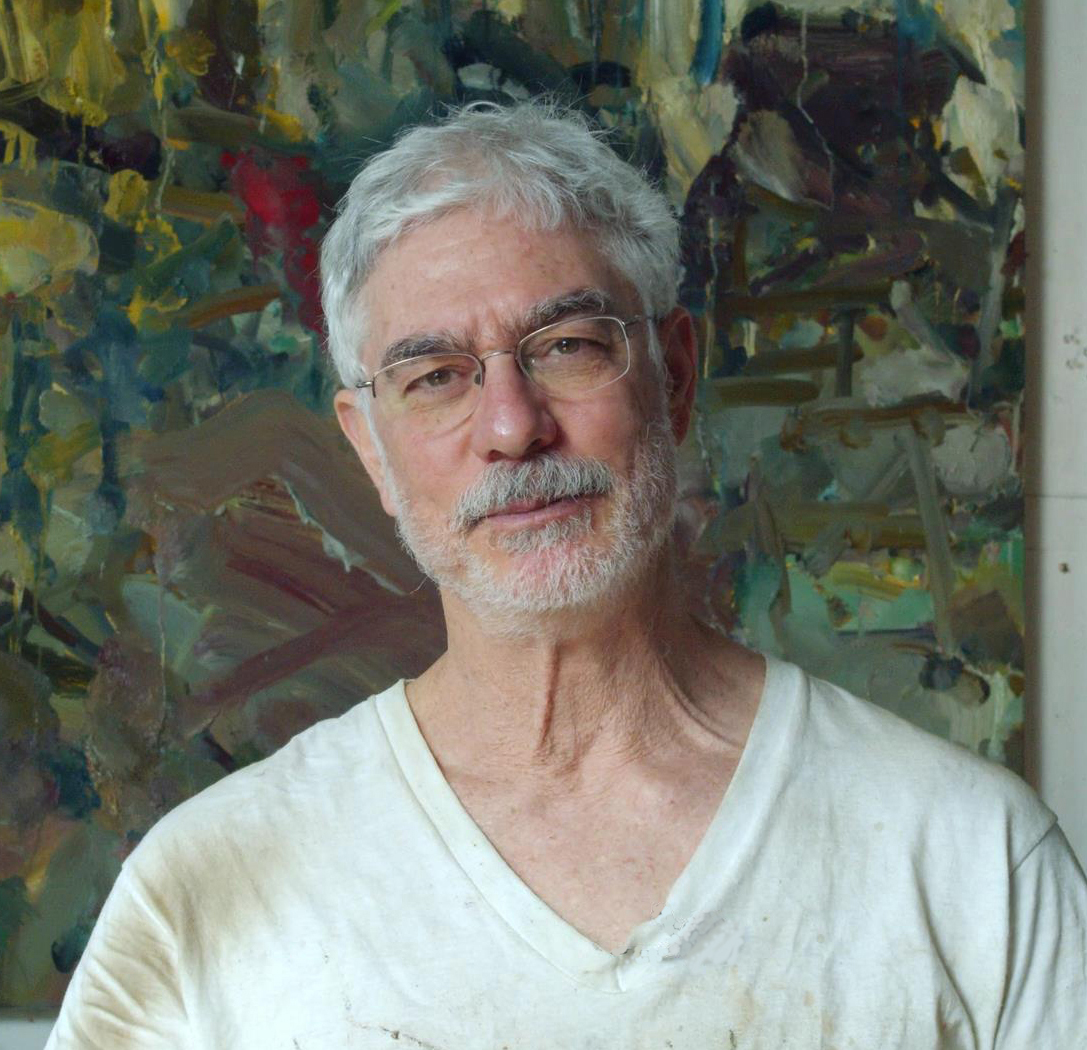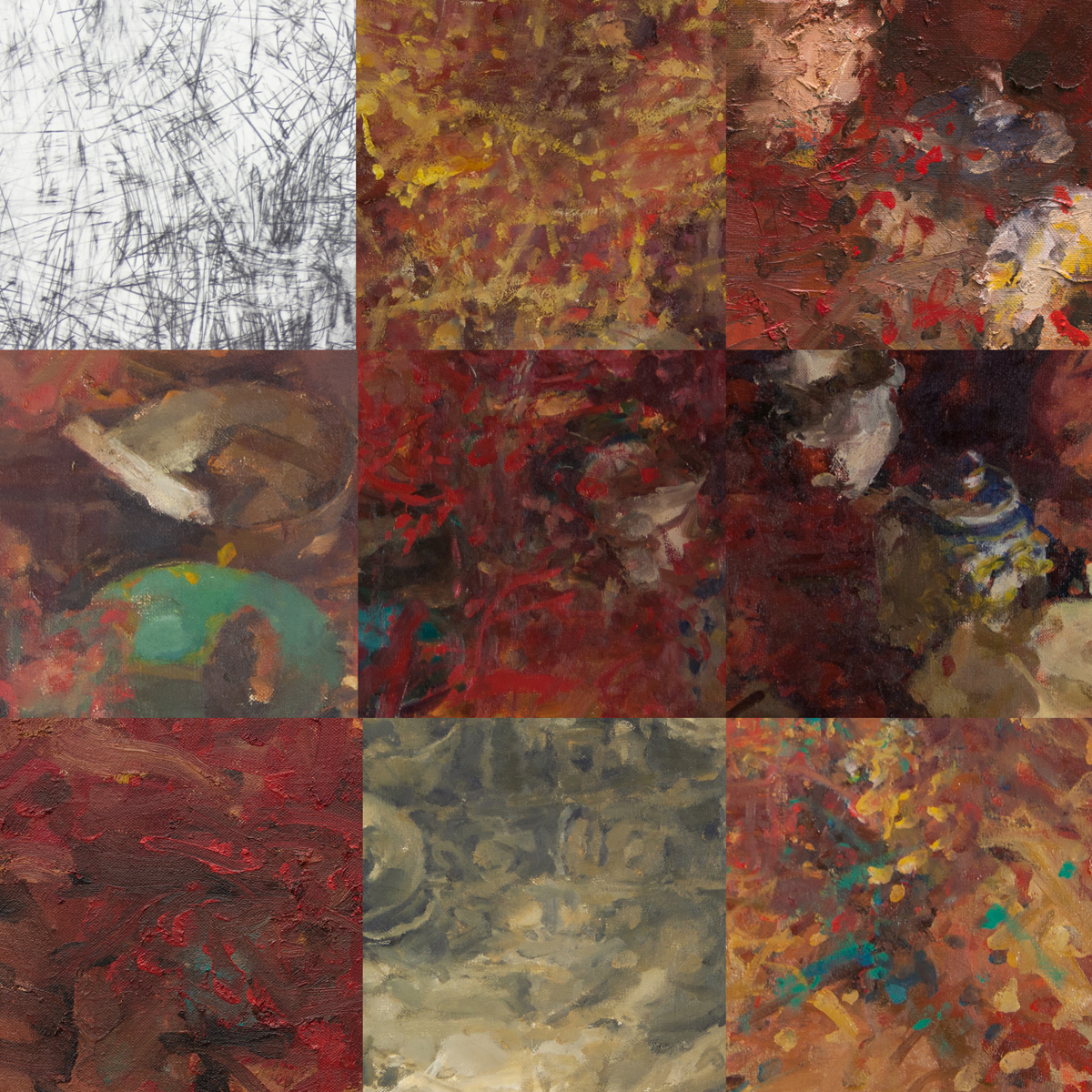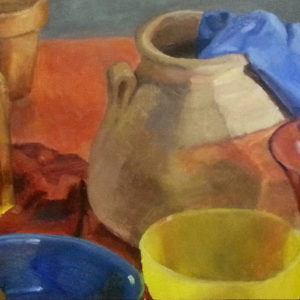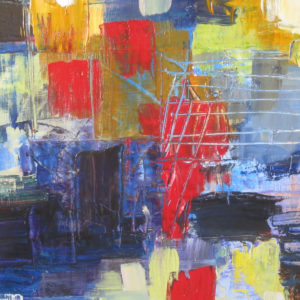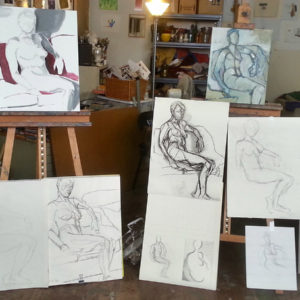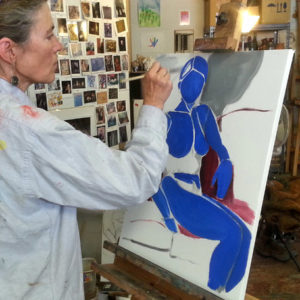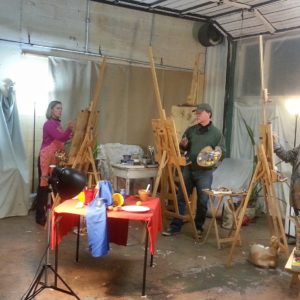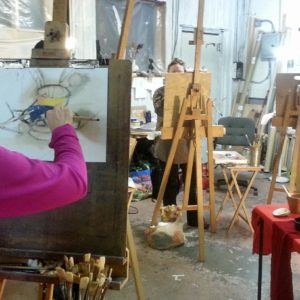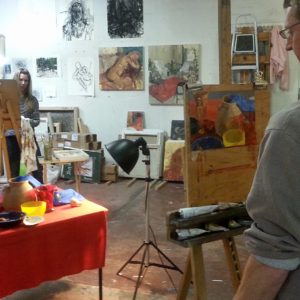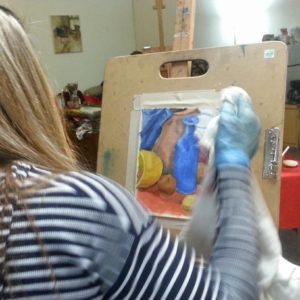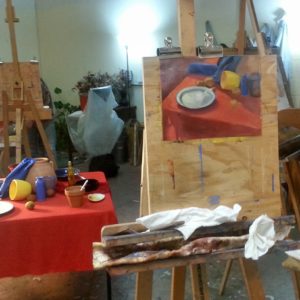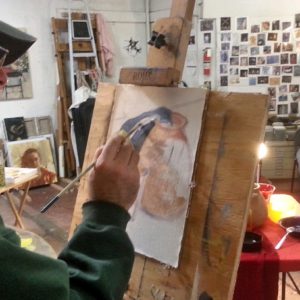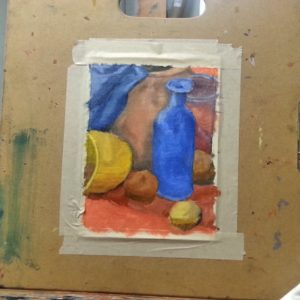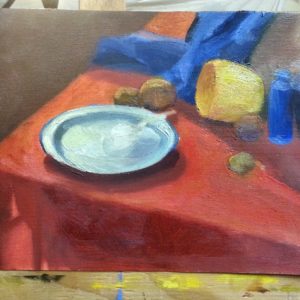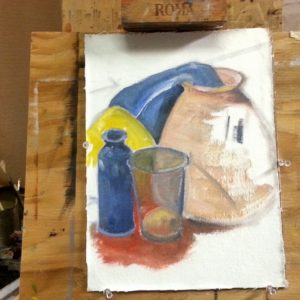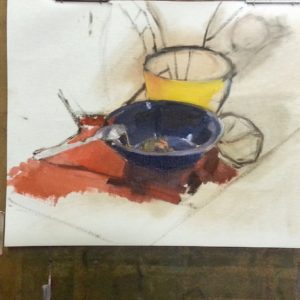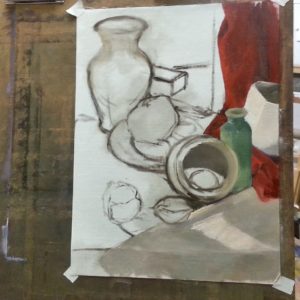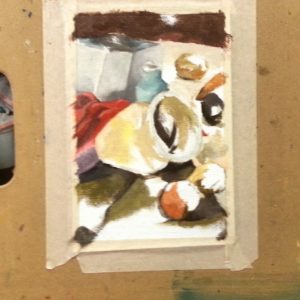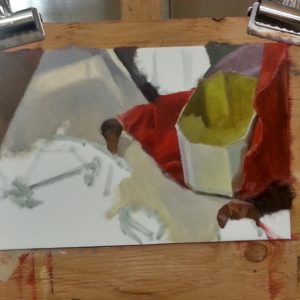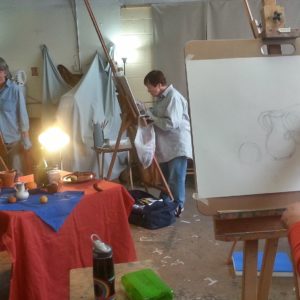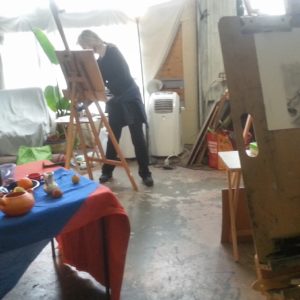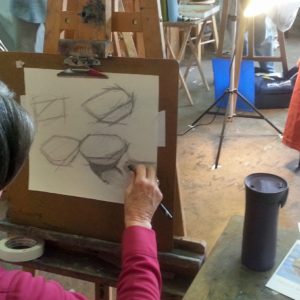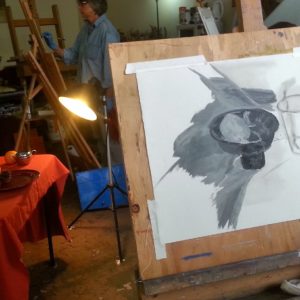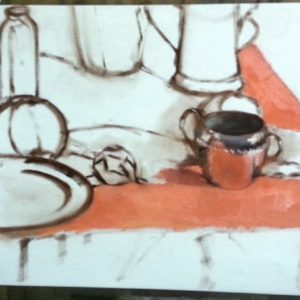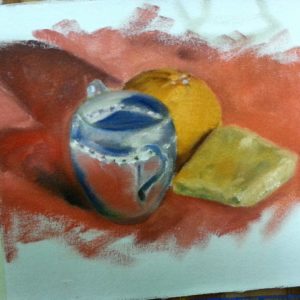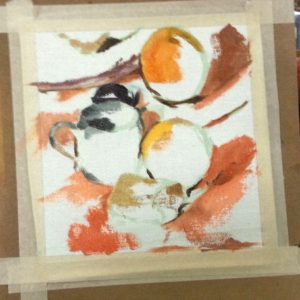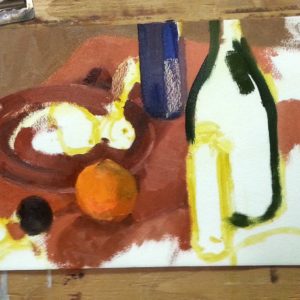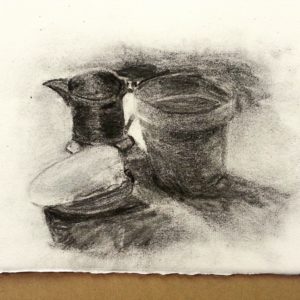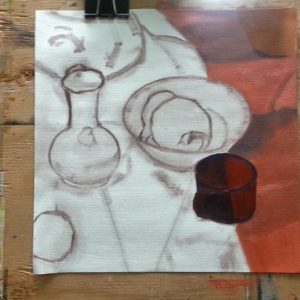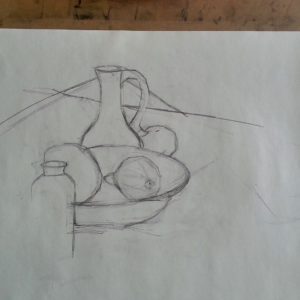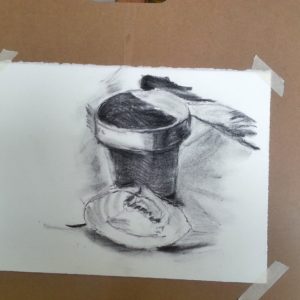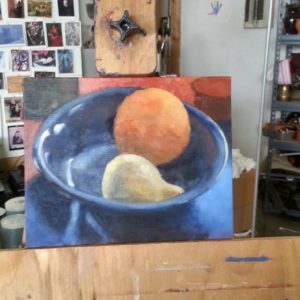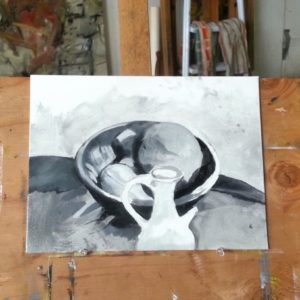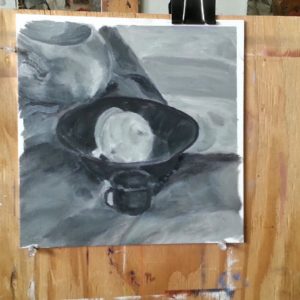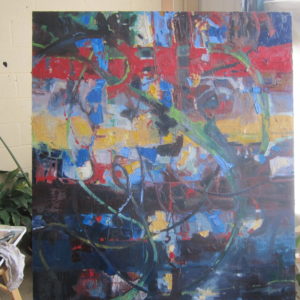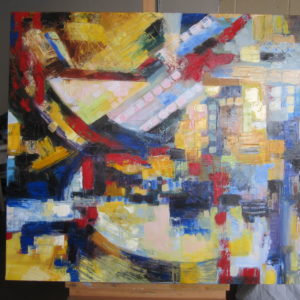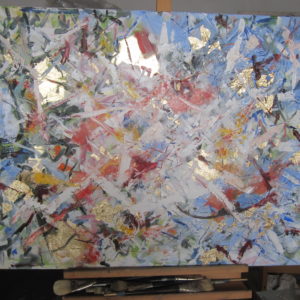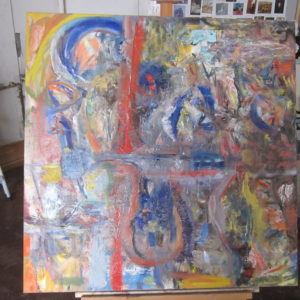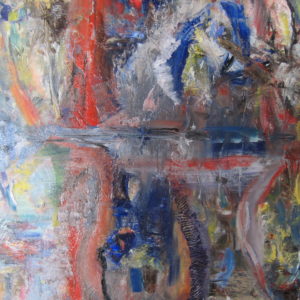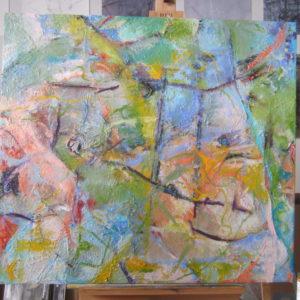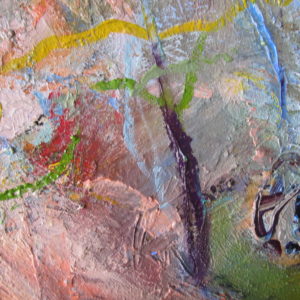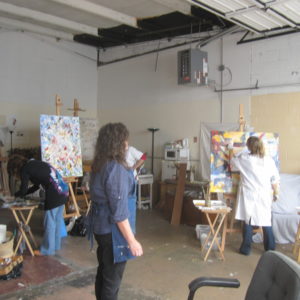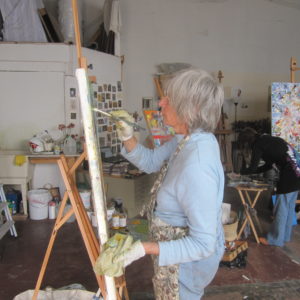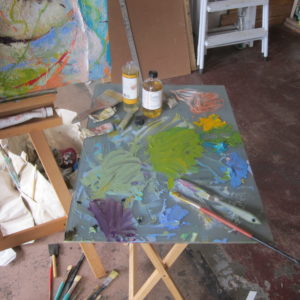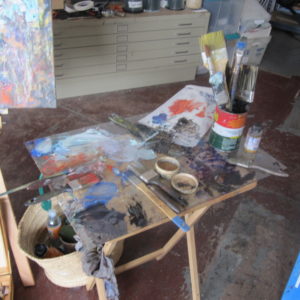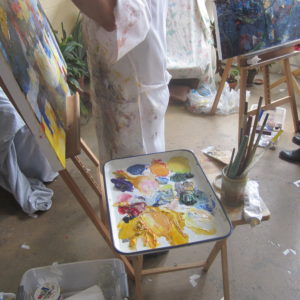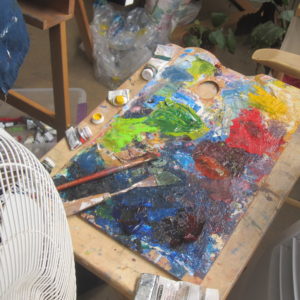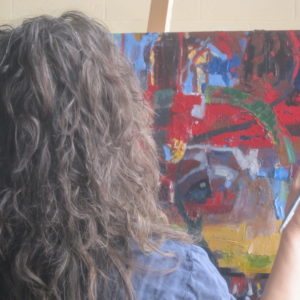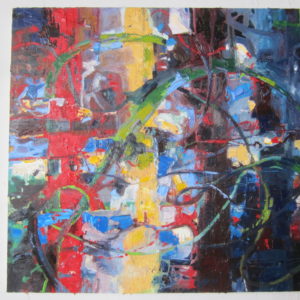A Low-Residency Six-Month Painting Course
Course Content:
- Three 4-Day Intensive Workshops (Boulder, CO)
- Interim Painting and Drawing Exercises (weekly)
• Reading Assignments
• Interim Monthly Online Video Conferences (group discussion)
“Paintings have the power to cut through or dissolve this apparent duality, this apparent distinction, between the subject that sees and the object that is seen…The collapse of the distance between the self and the object is what we call beauty.”
from The Dissolving Power of Art, Rupert Spira
What is the nature of painting and presence? How do we cultivate presence and how does it make our painting stronger? In this low residency course, we will explore three basic topics: the nature of presence, the relationship of presence to the world, and the non-duality of painting. These topics will be the sequential focus for three intensive workshops spread over a six-month period. In these workshops we will draw and paint, both representationally from observation, as well as non-representationally, investigating the nature of our experience, and going more deeply into what may have been previously familiar ways of working. Each workshop intensive will serve as a catalyst for deepening our understanding of our work, materials, awareness and selves. A course outline is available upon request.
The course will provide an experiential, hands-on, understanding of presence, inquiring into how it informs and strengthens our painting practice, and how we may choose to bring our work to the world.
- The first intensive will focus on the nature of presence and how it may impact and imbue our work. We will explore painting through different exercises, modalities and attitudes.
- The second intensive will be concerned with the relationship between presence and the world. We will look at various attitudes and strategies of different artists as they endeavor to bring creative presence to the world. We will explore possibilities for creating our own particular ways of interfacing our art with the world.
- The third intensive will investigate the nature of non-duality, and how that understanding may realign the dynamics of our painting practice, as the subject/object relationship in painting re-identifies itself and becomes more transparent. (I am not a teacher of non-duality: this will be a shared journey of inquiry.)
In between the intensives will be interim exercises and ongoing reading assignments, designed to help us explore the nature of presence, our painting, and our own unique sensibilities and creative directions. These exercises will be both a continuation of the work done during the intensives as well as new exercises that will help serve as a bridge for the next intensive and section of material.
Supporting this investigation will be a series of selected readings followed by group discussions. The reading assignments will be from five books: Buddha Mind in Contemporary Art, edited by Mary Jane Jacob and Jacqueline Baas, Encountering the Spiritual in Contemporary Art, edited by Leesa Fanning, True and False by David Mamet, The More Beautiful World Our Hearts Know is Possible by Charles Eisenstein, and Presence, Volume One by Rupert Spira (supplemented by recorded talks). These readings will also serve as a catalyst to help us explore the work we will be doing in the intensives.
“…the artist’s mind-in-making is not just the result of studied knowledge (getting the facts straight) or skills acquired; it is always determined by the actual process of making and the depth of awareness one brings to bear during that process…The work of art derives its ‘presence’ from this heightened awareness — from the artist’s presence of mind.”
— Mary Jane Jacob, Buddha Mind in Contemporary Art
Each month the group will gather for an online teleconference to share experiences and understandings gained from the workshop intensives, the exercises and the readings.
The course is designed for non-beginner painters to delve more deeply into the nature of painting and to discover for themselves their own specific quality of depth in their painting practice.
See all Advanced Level Courses
